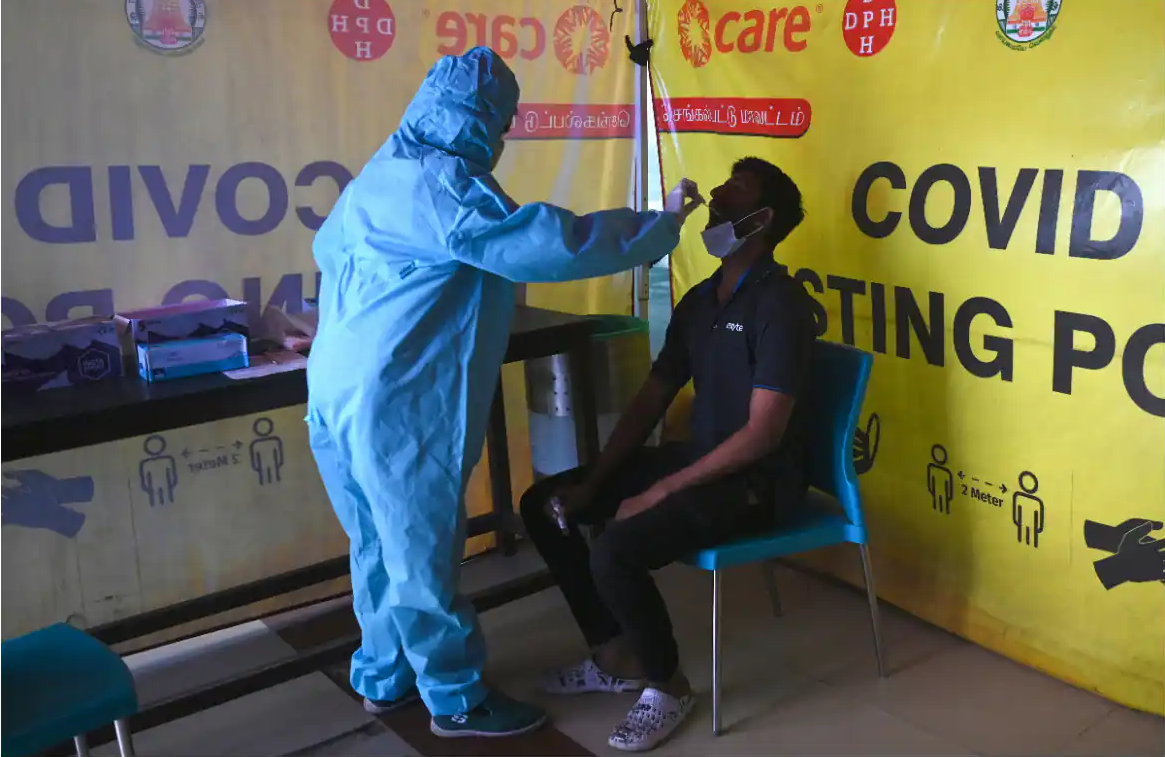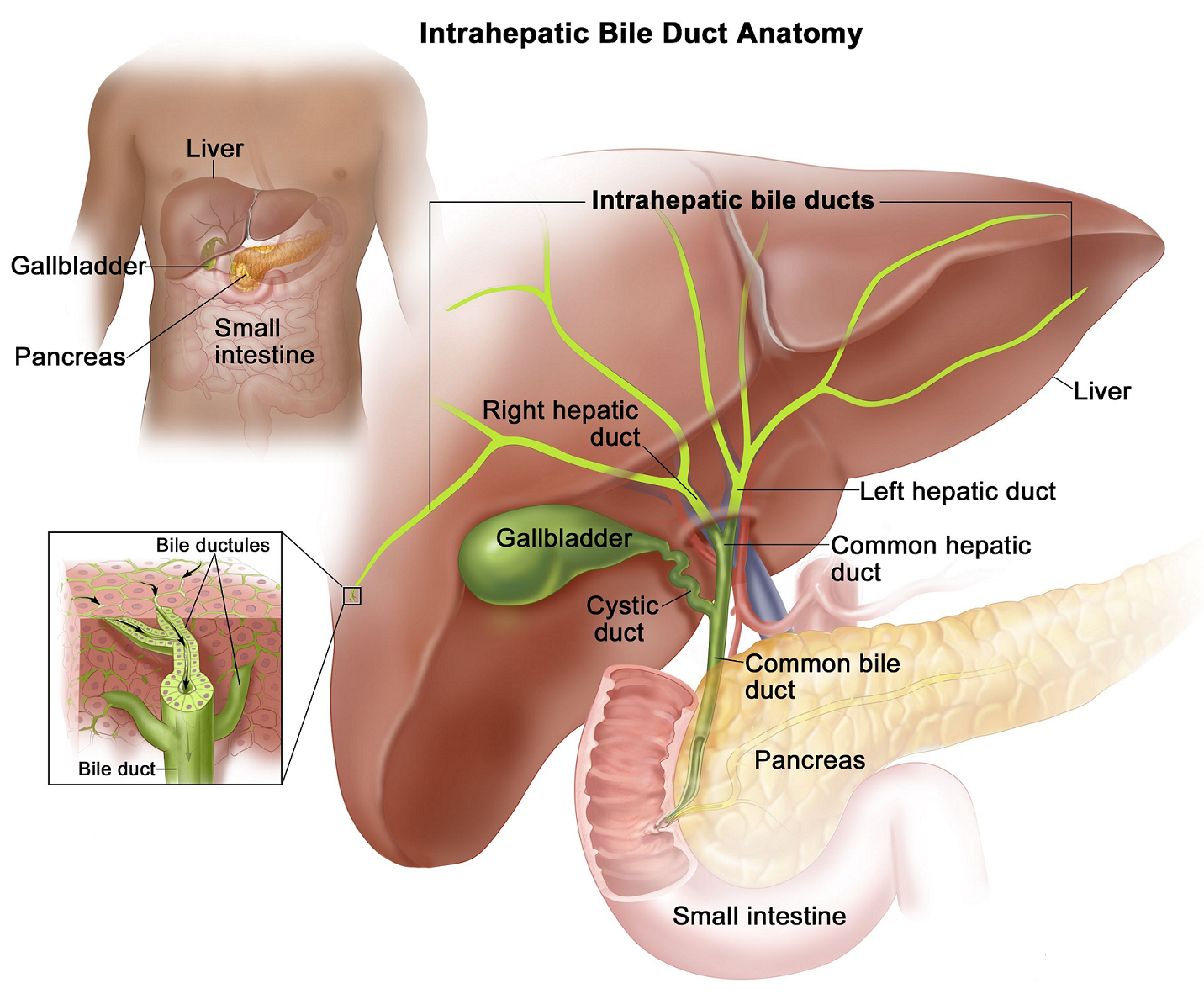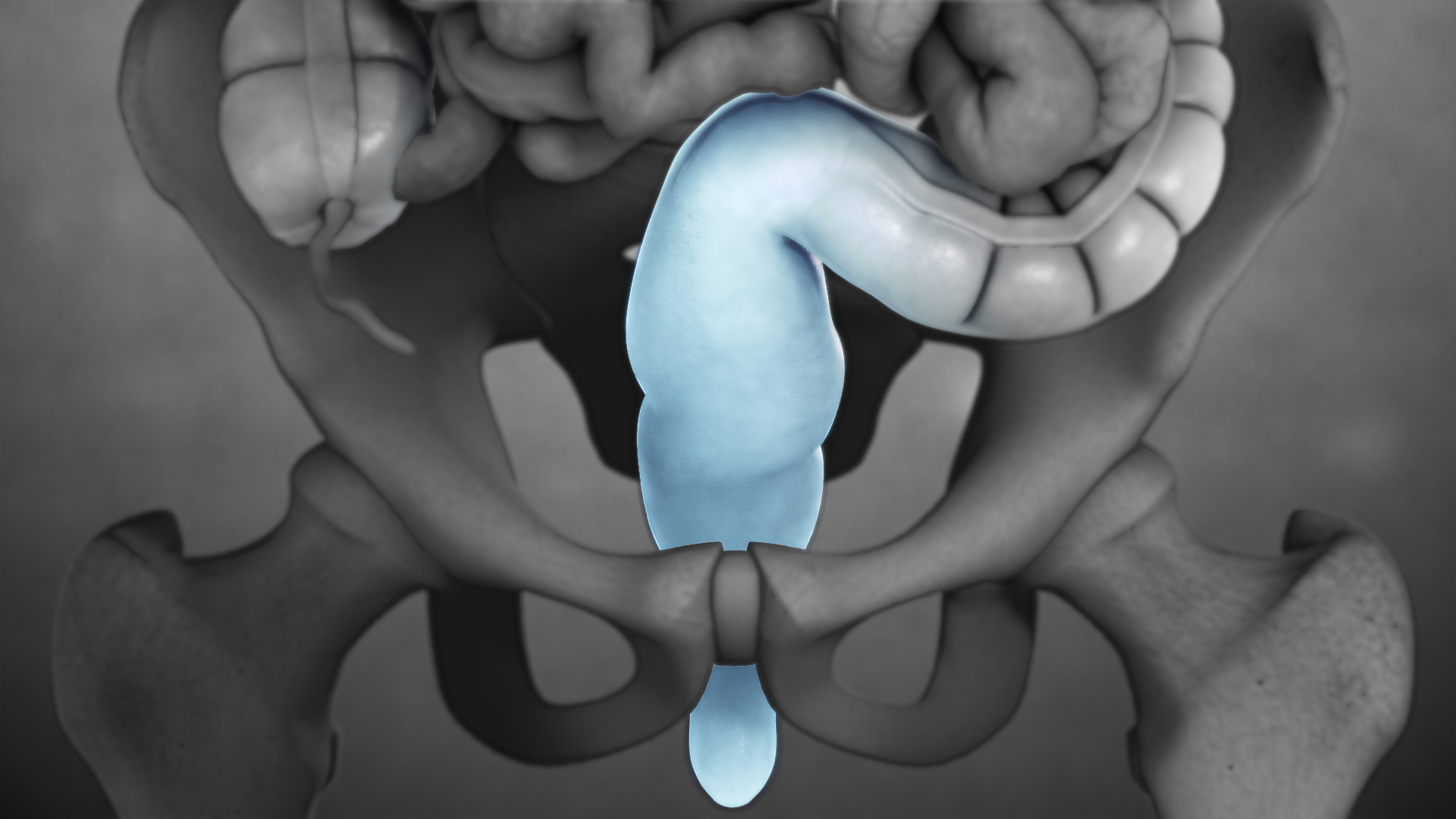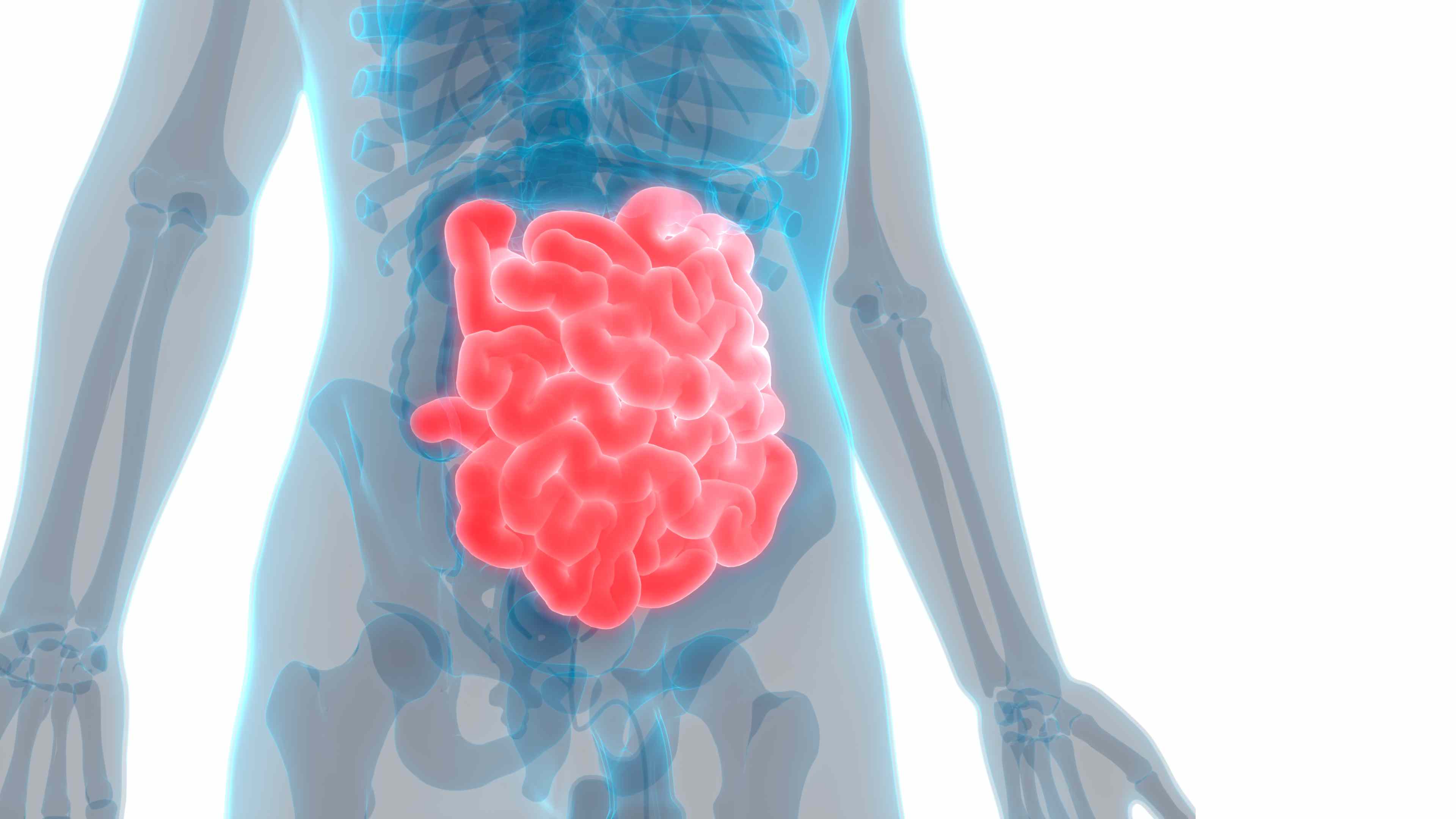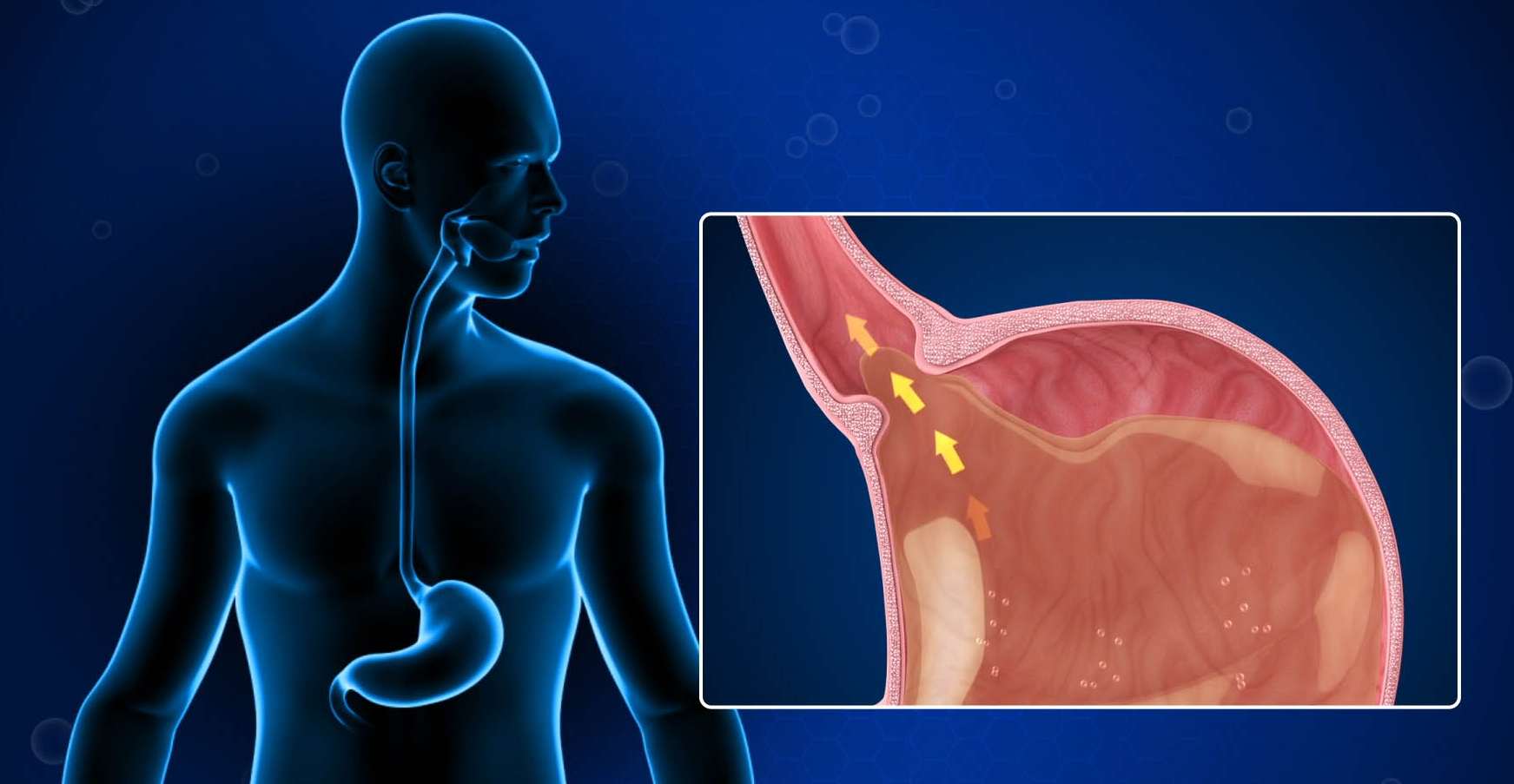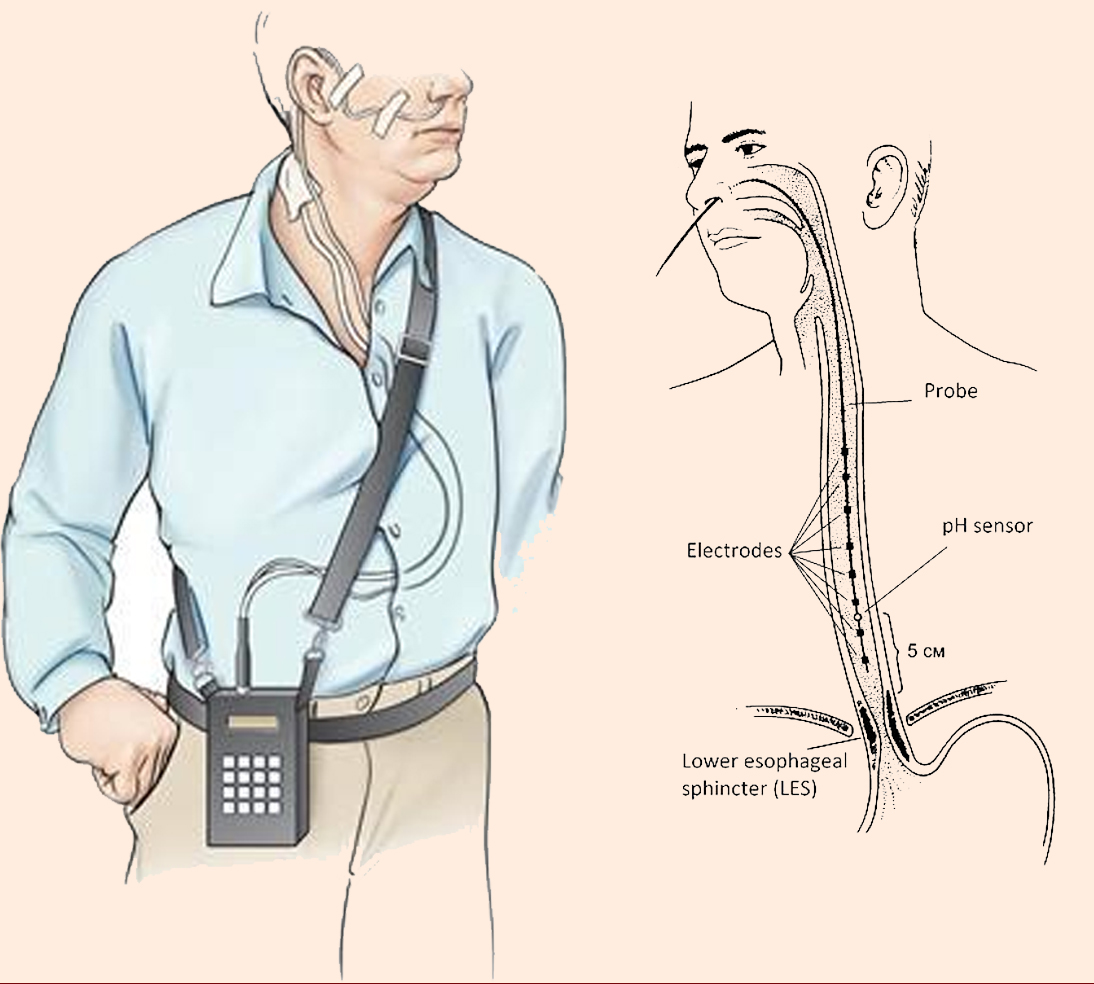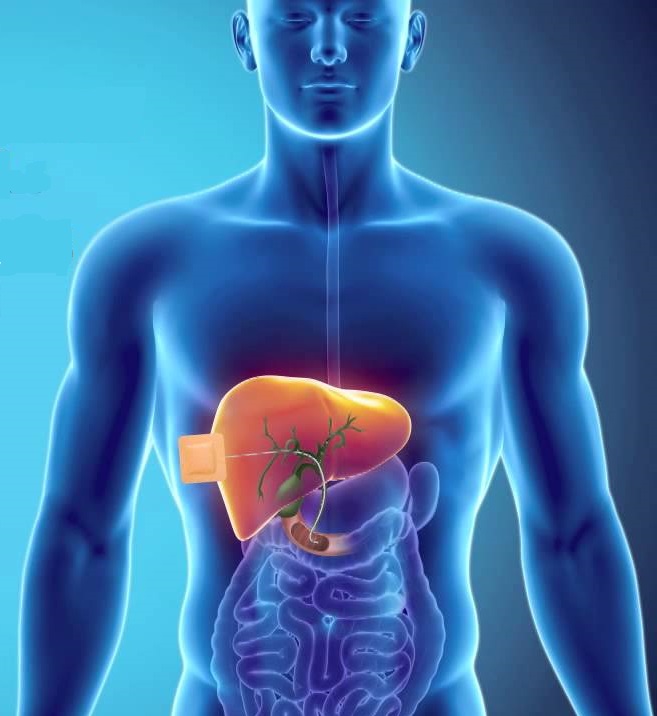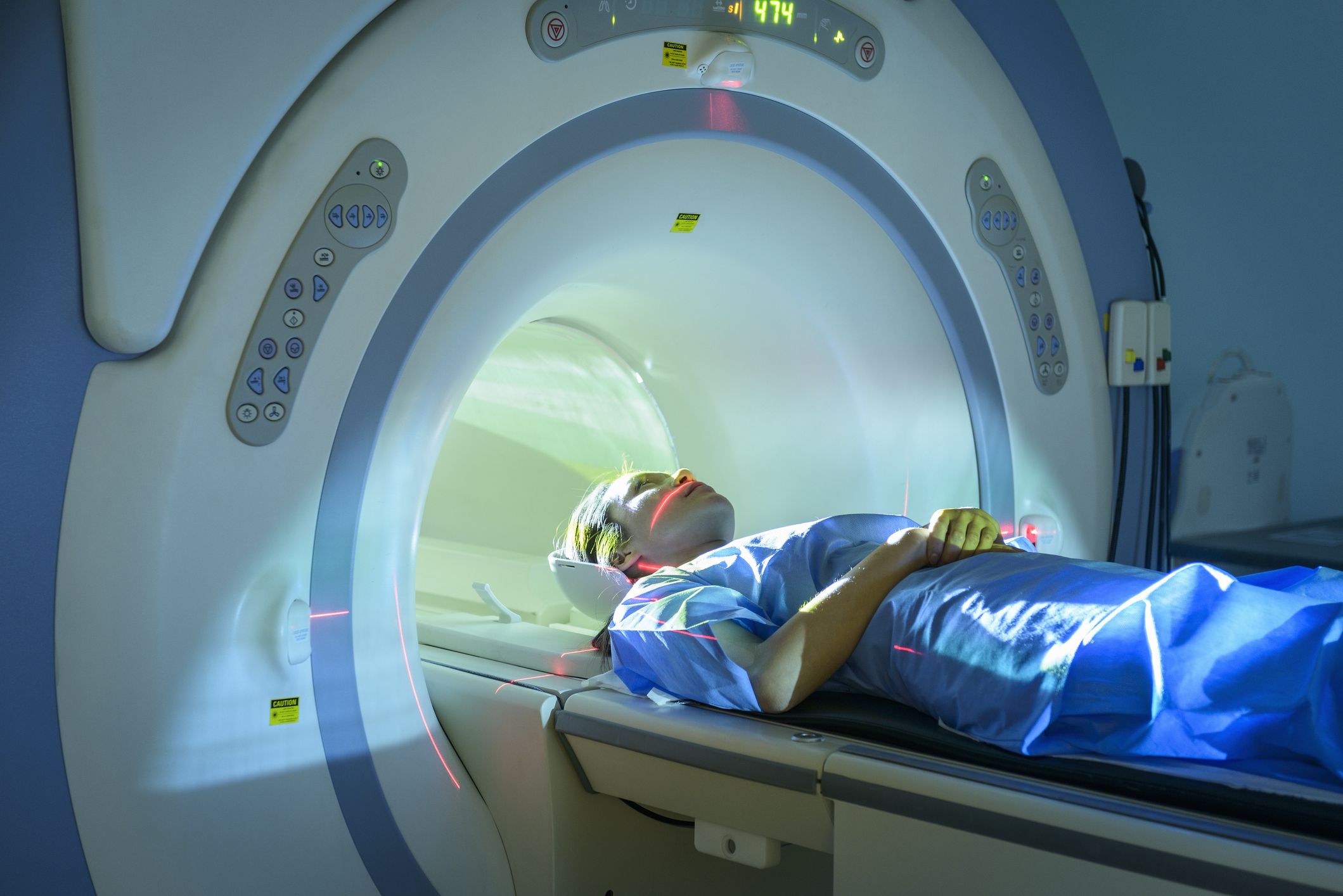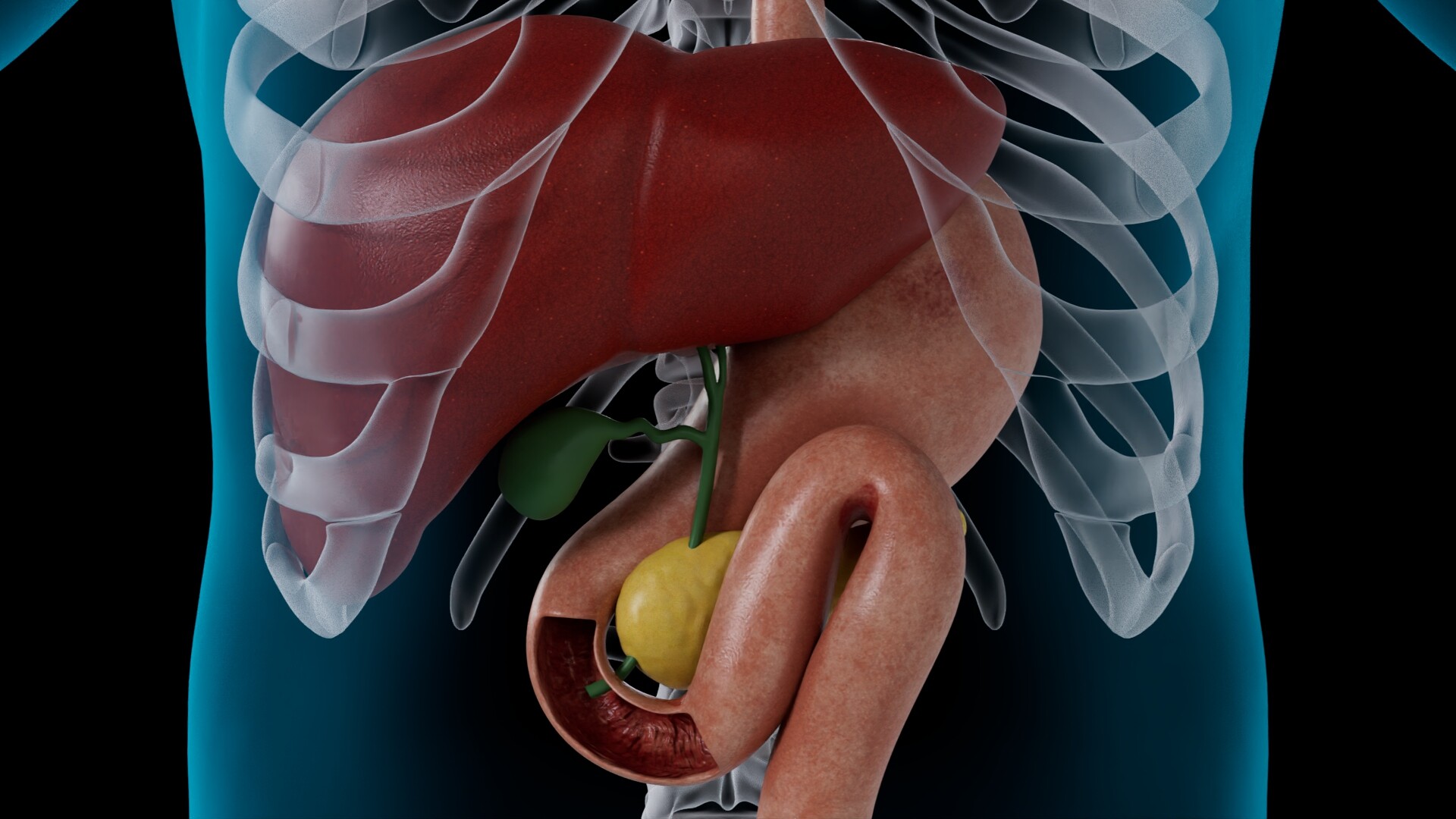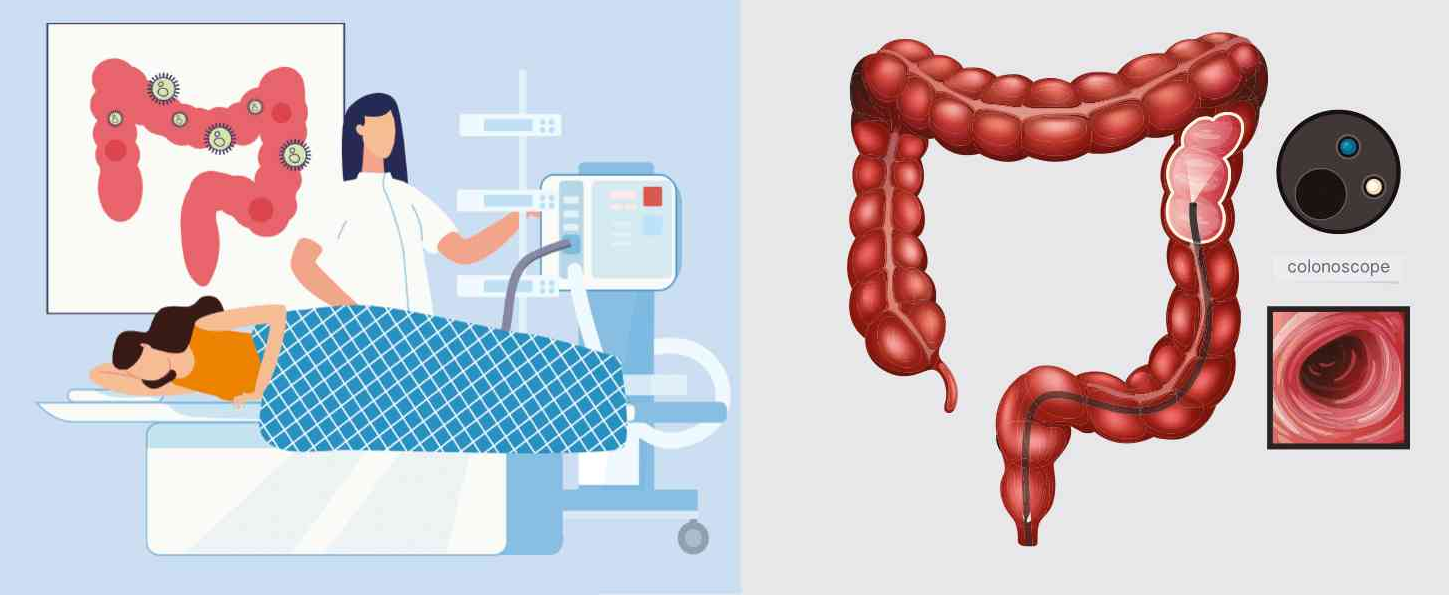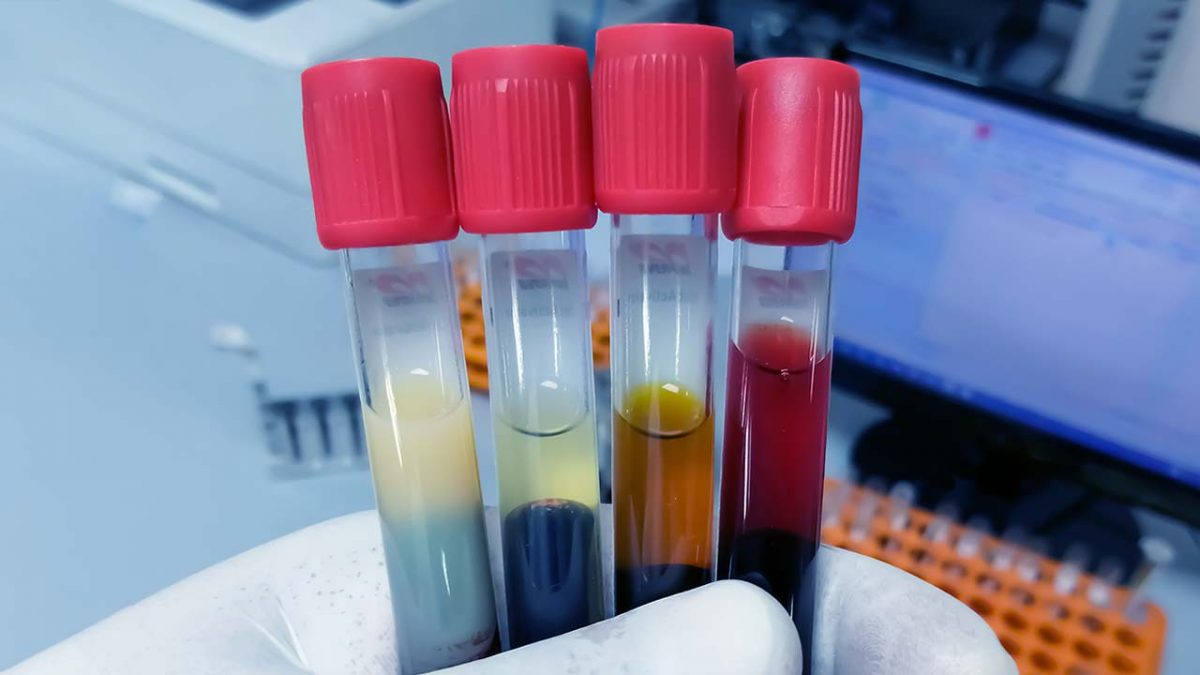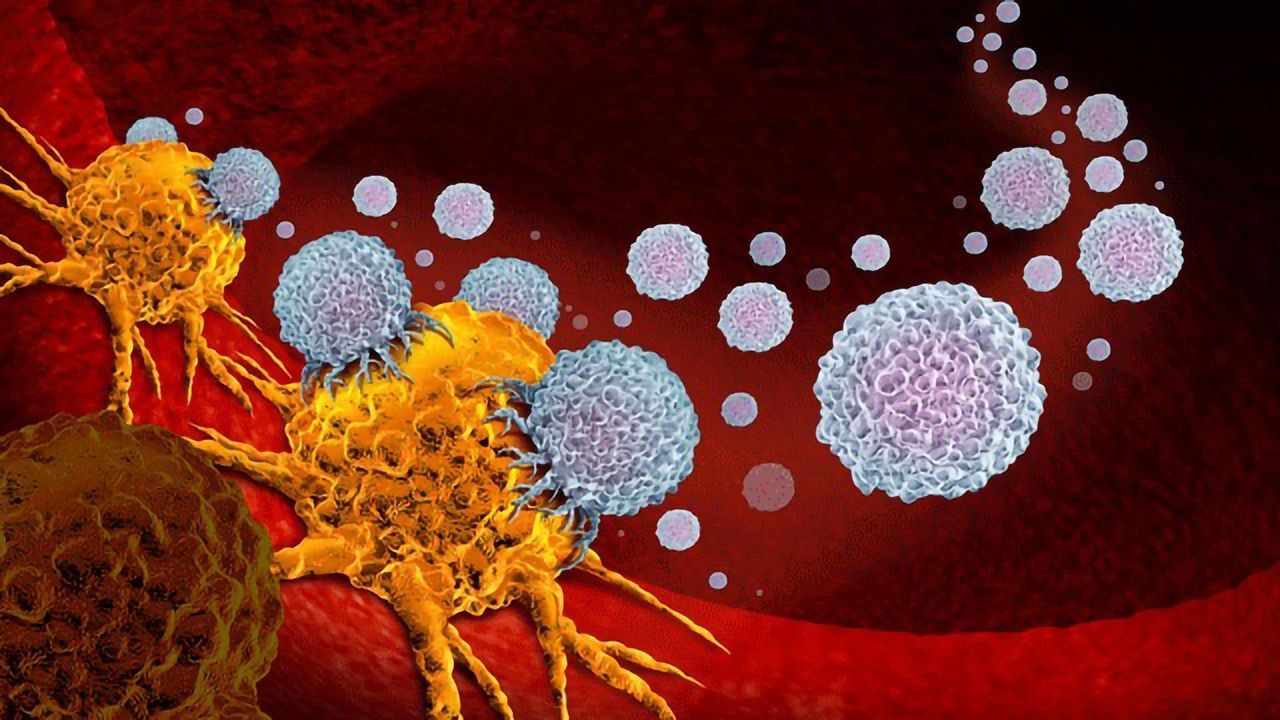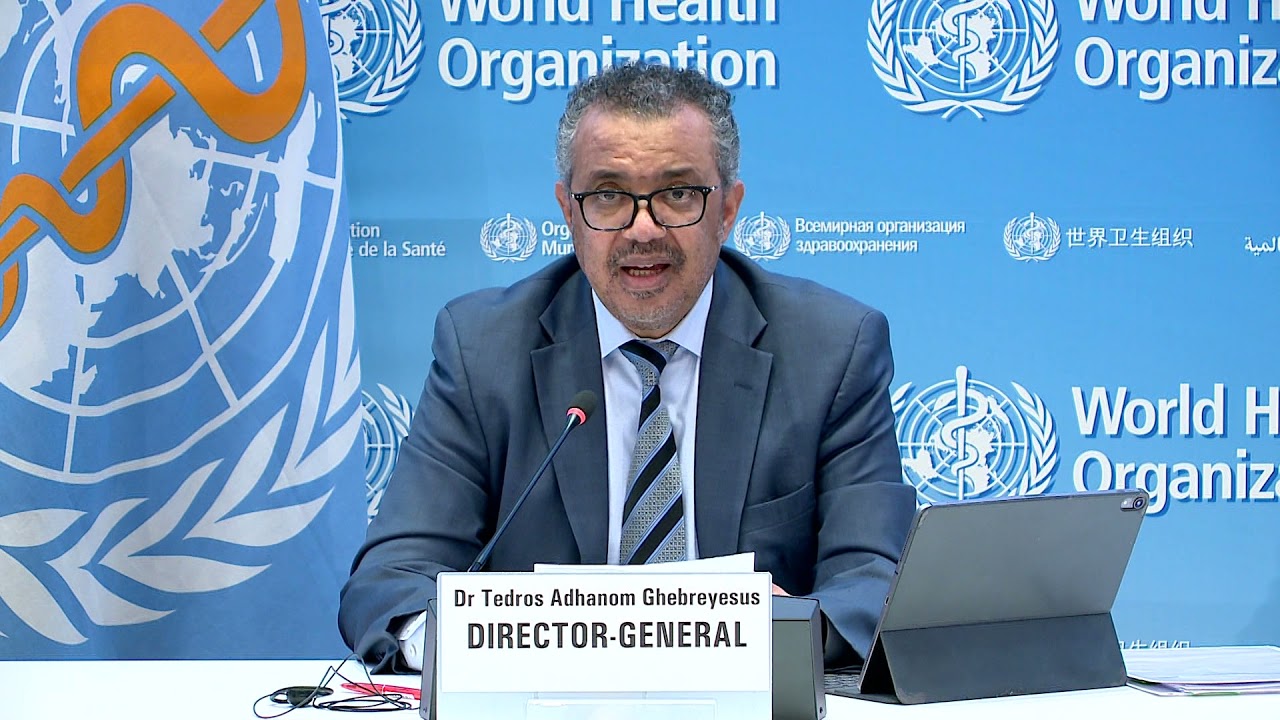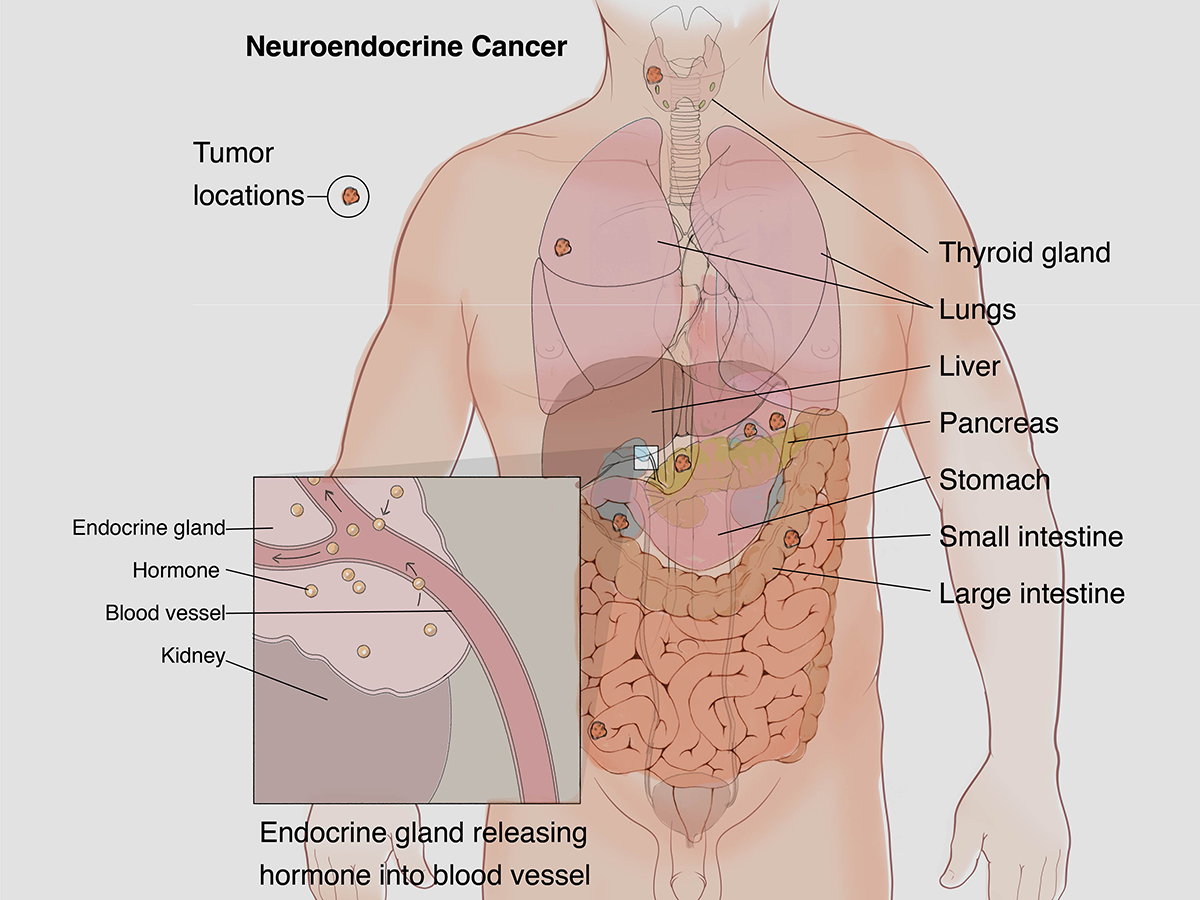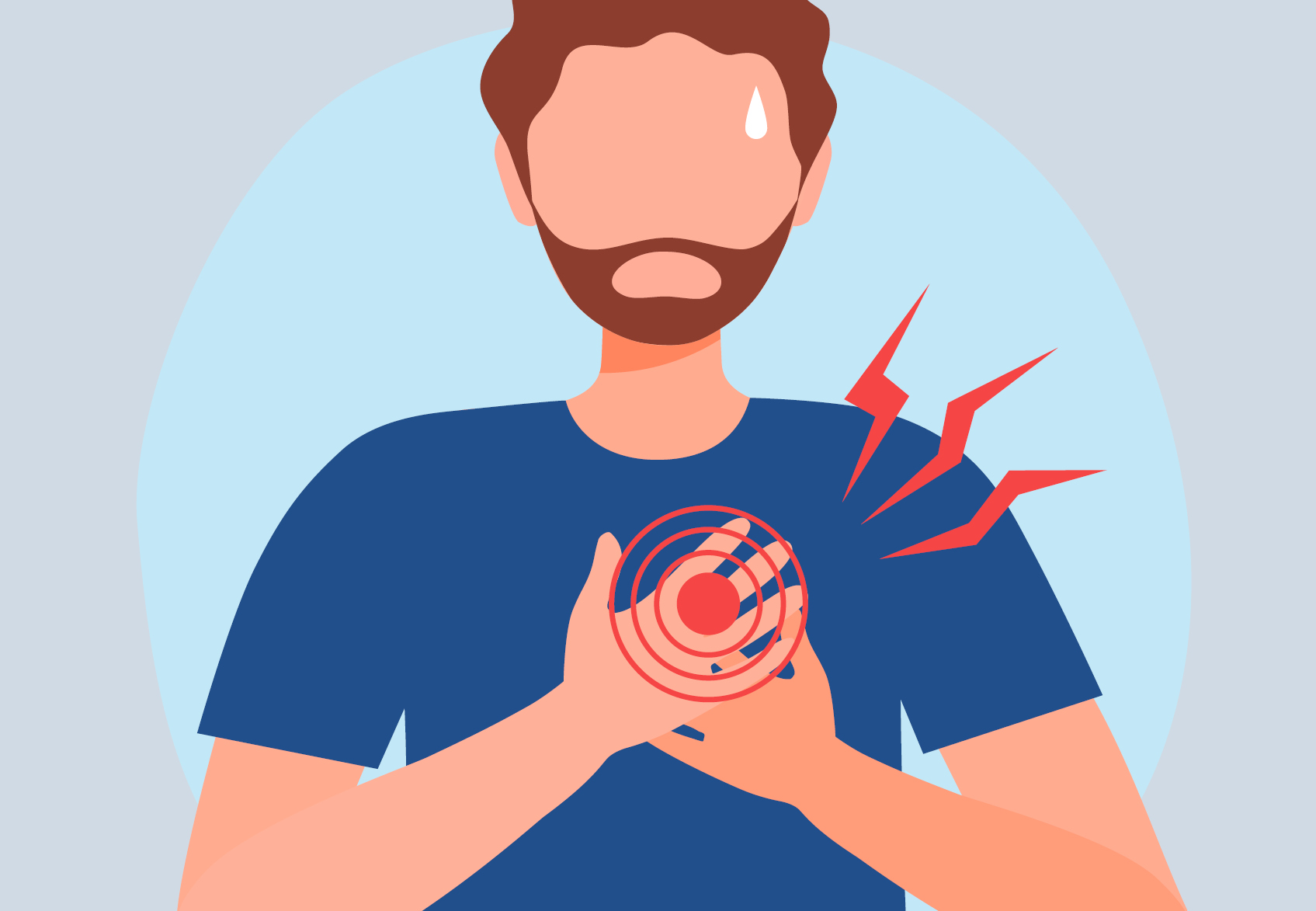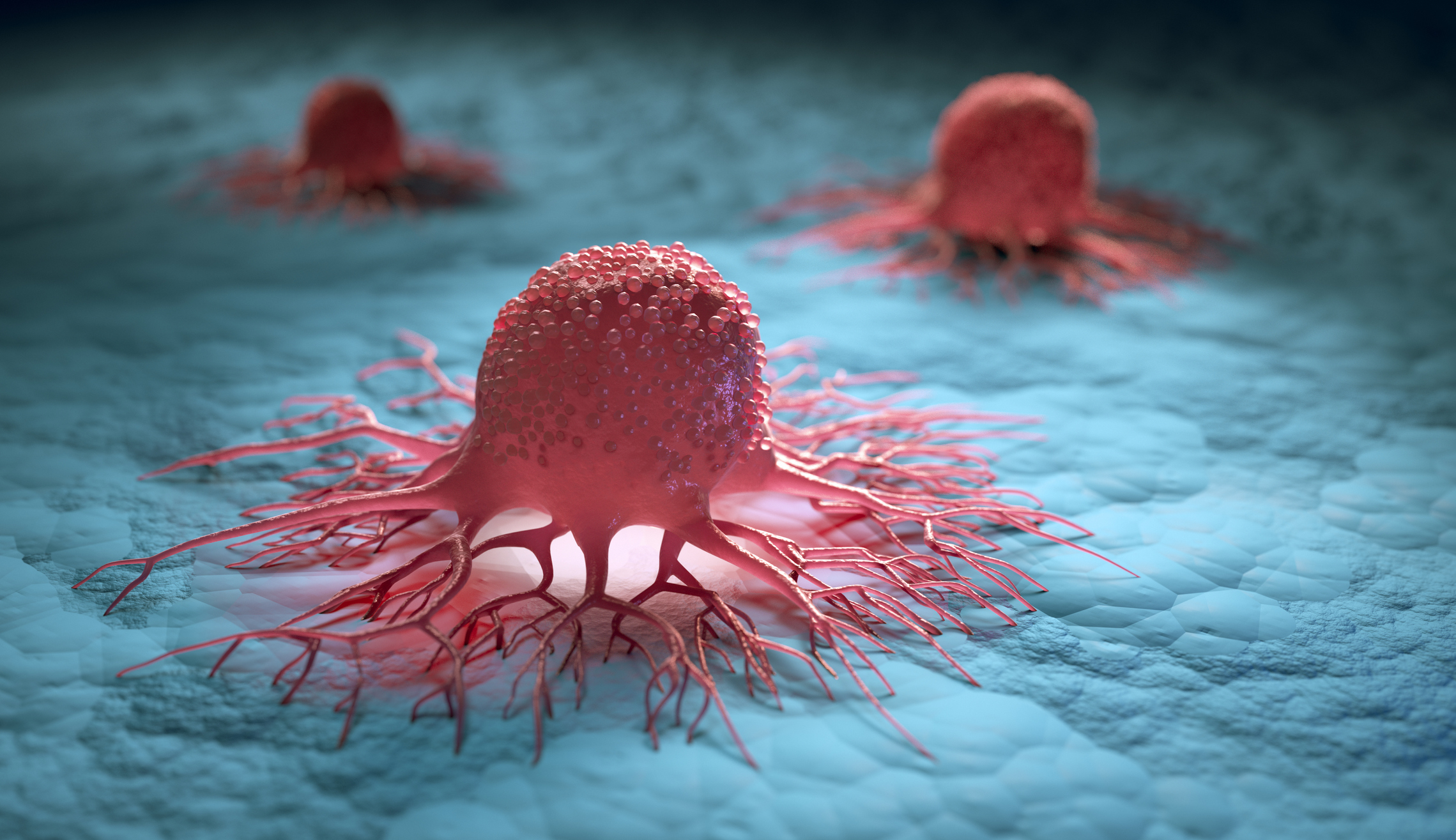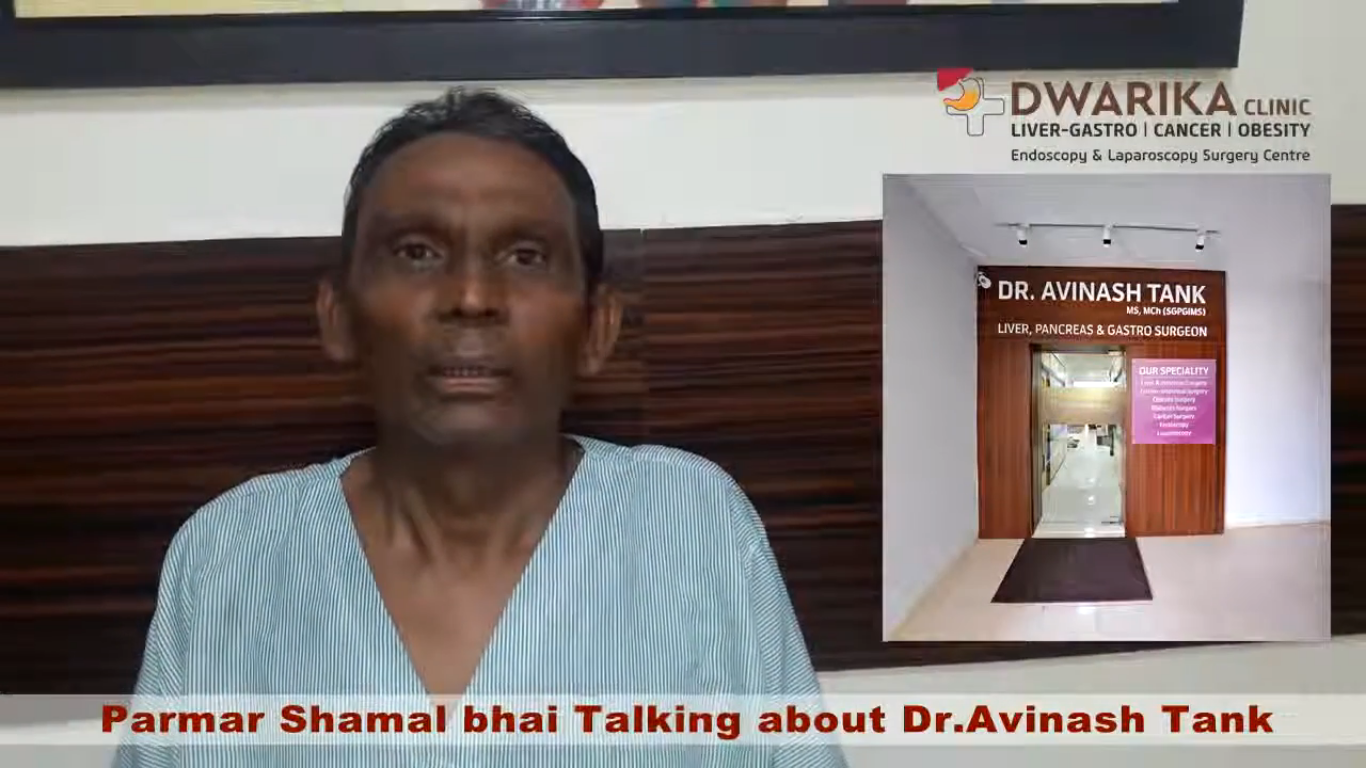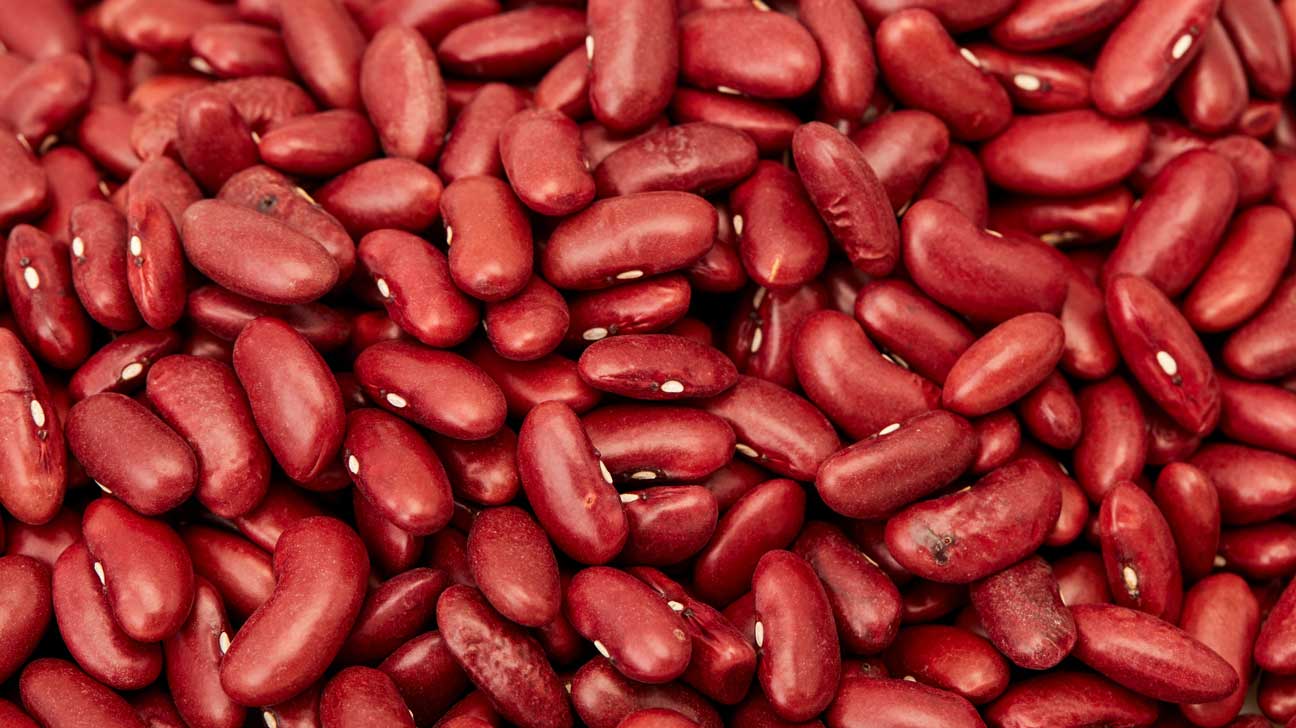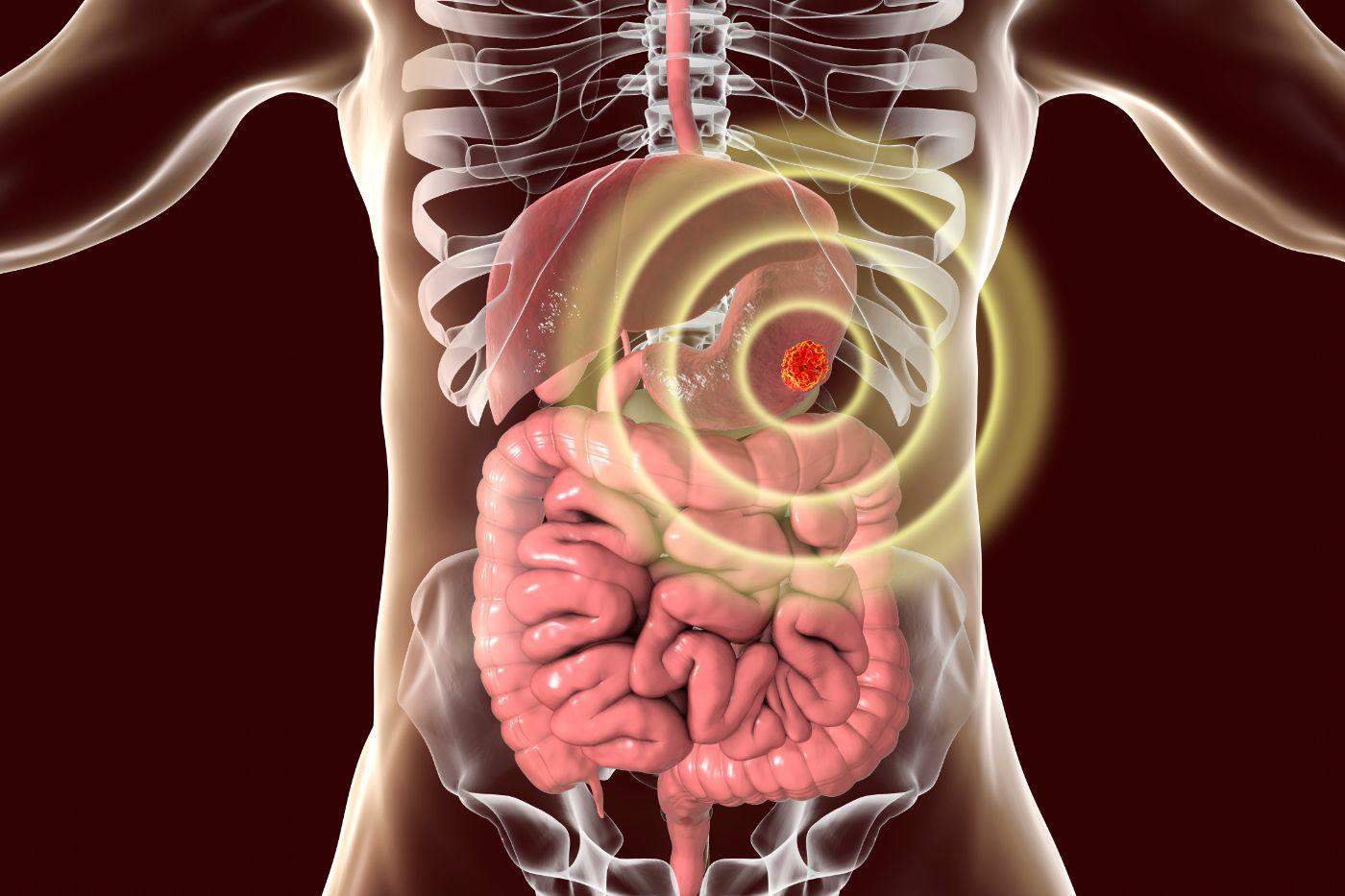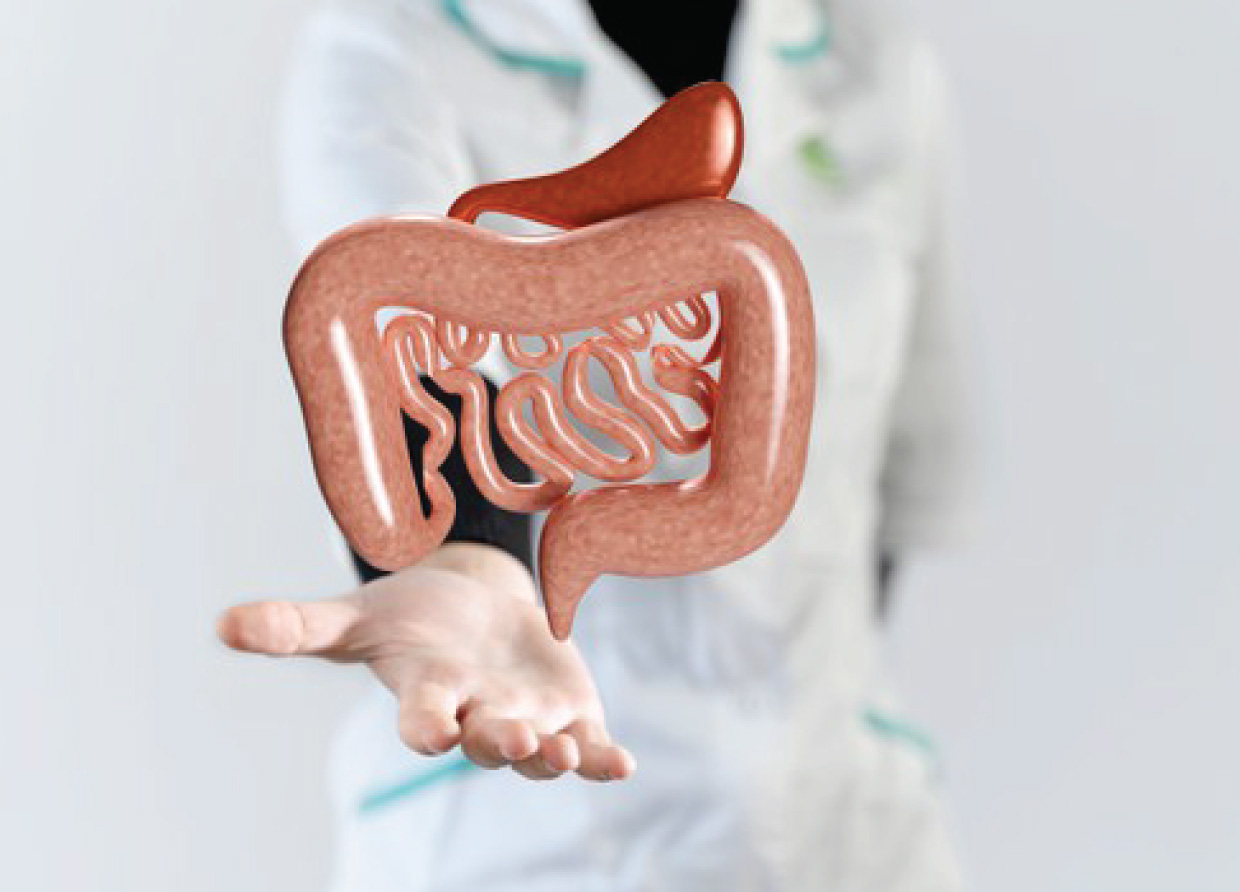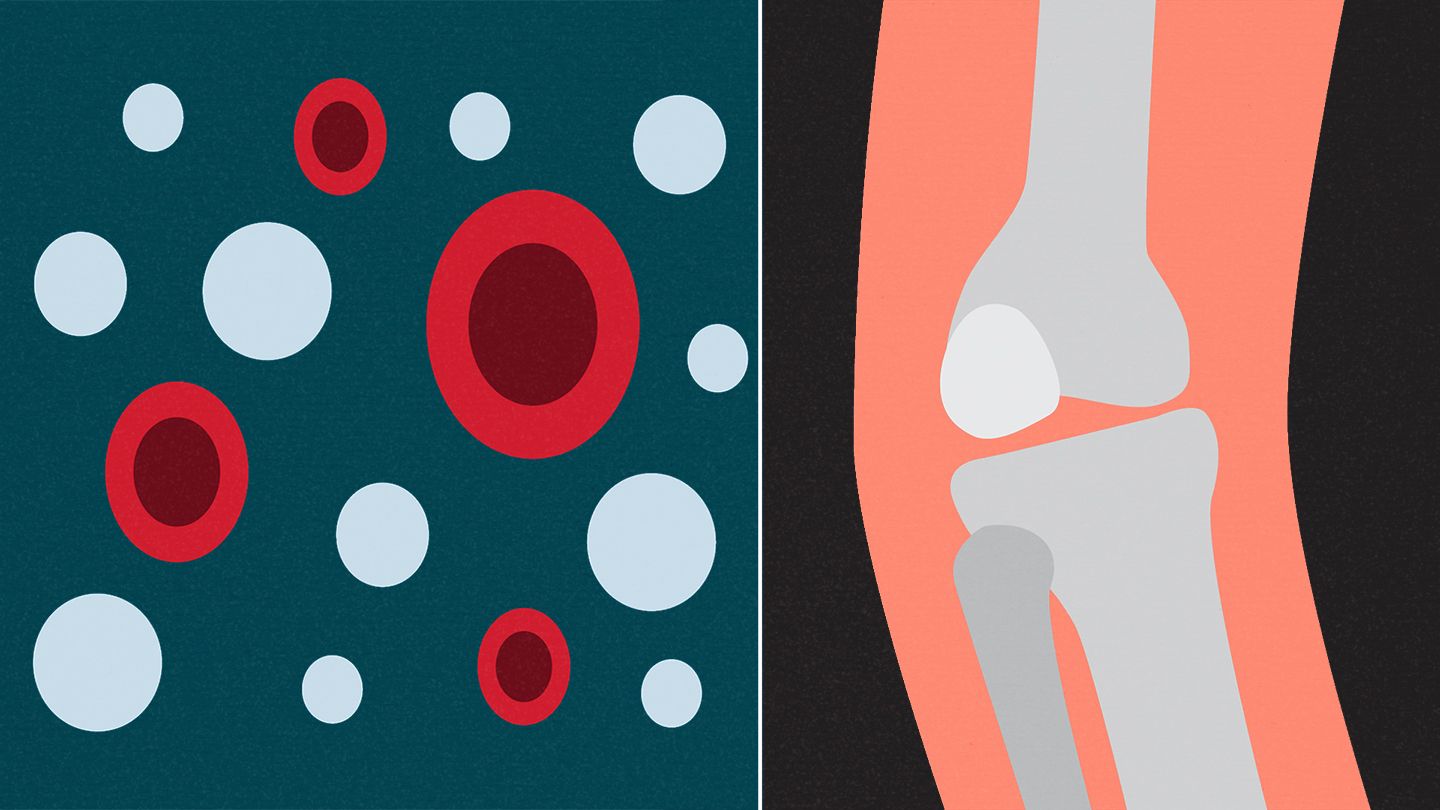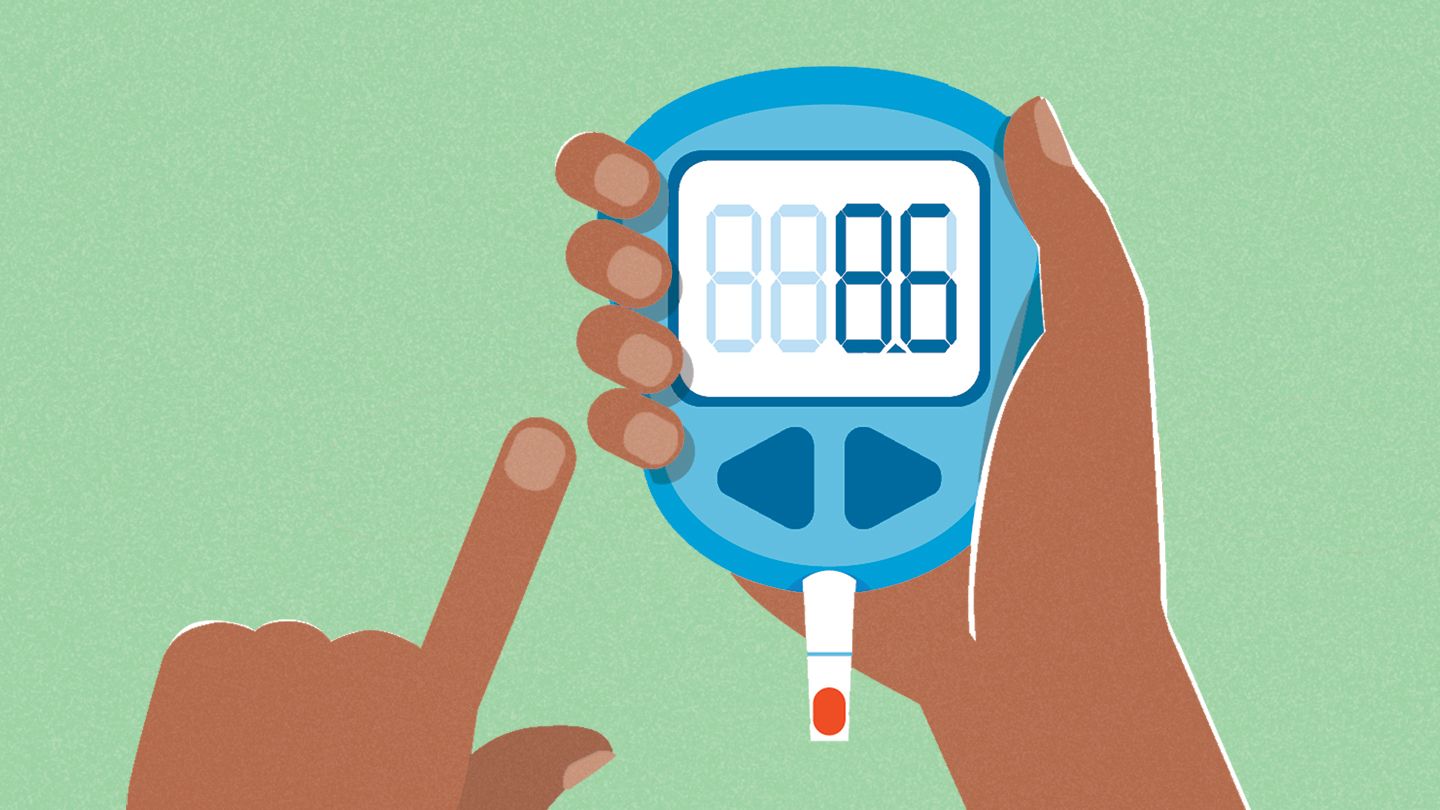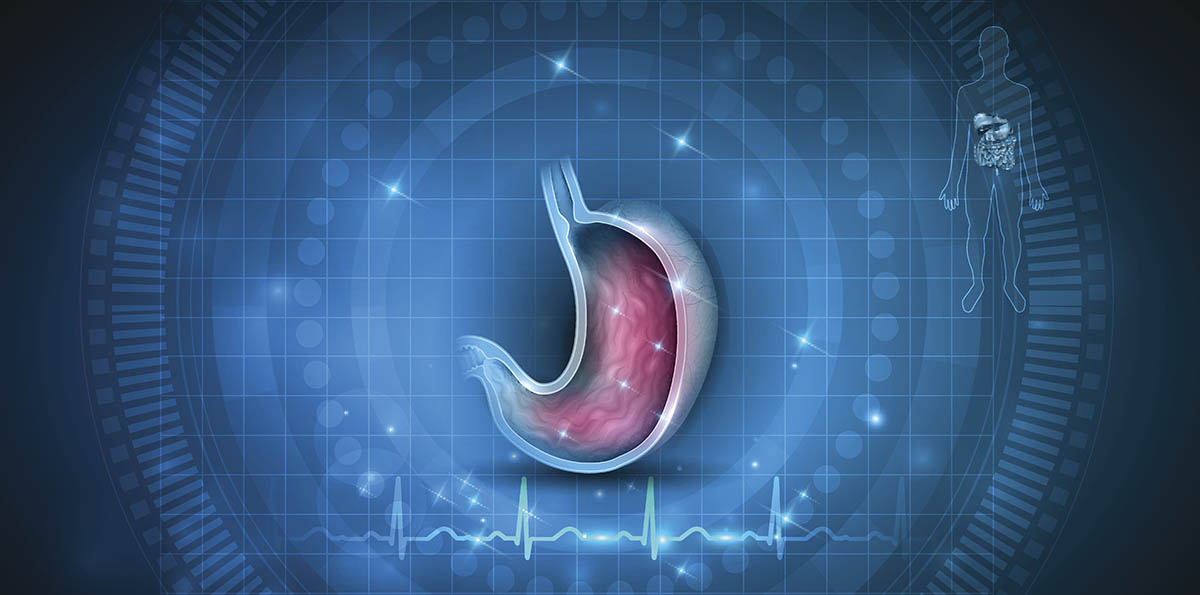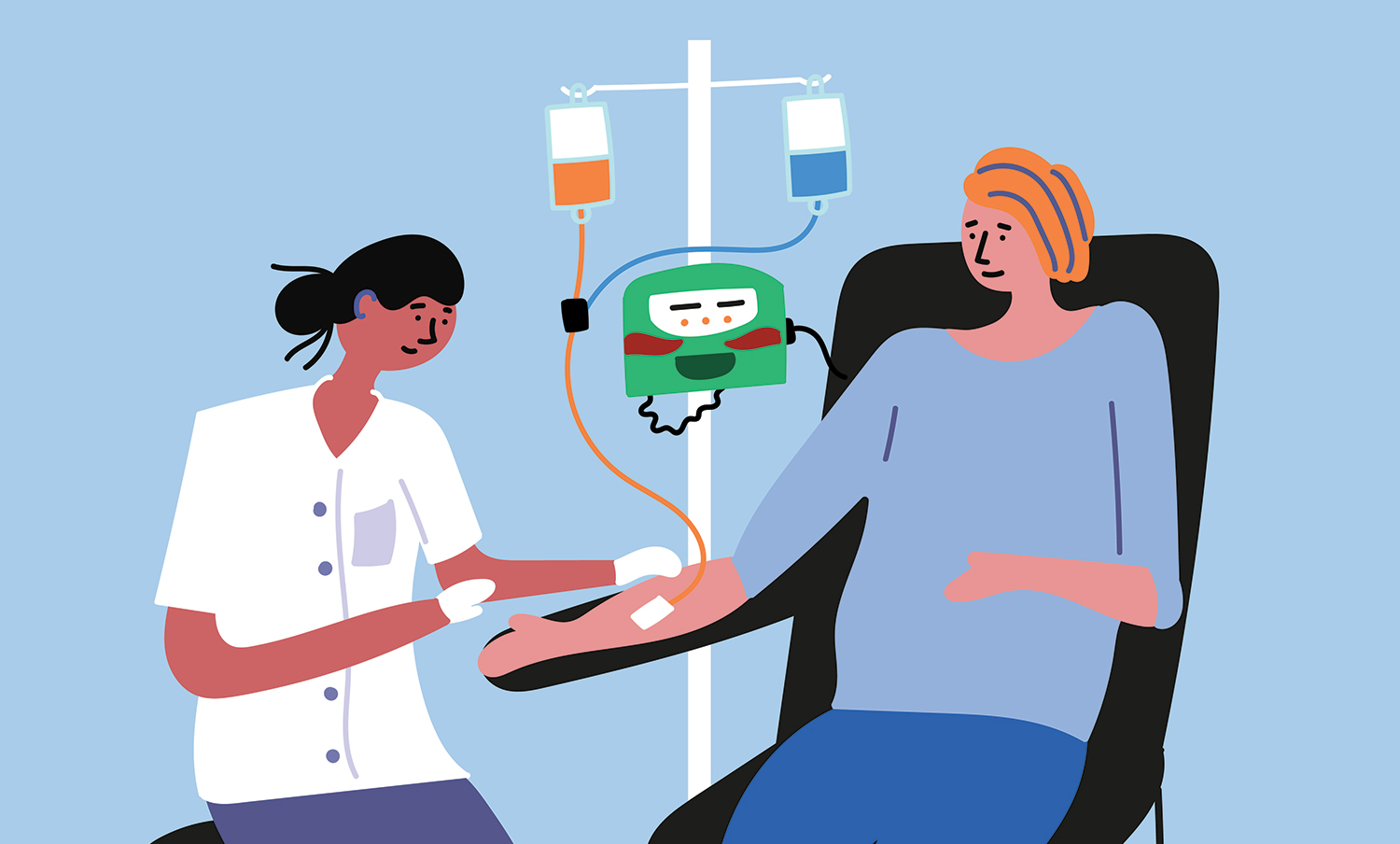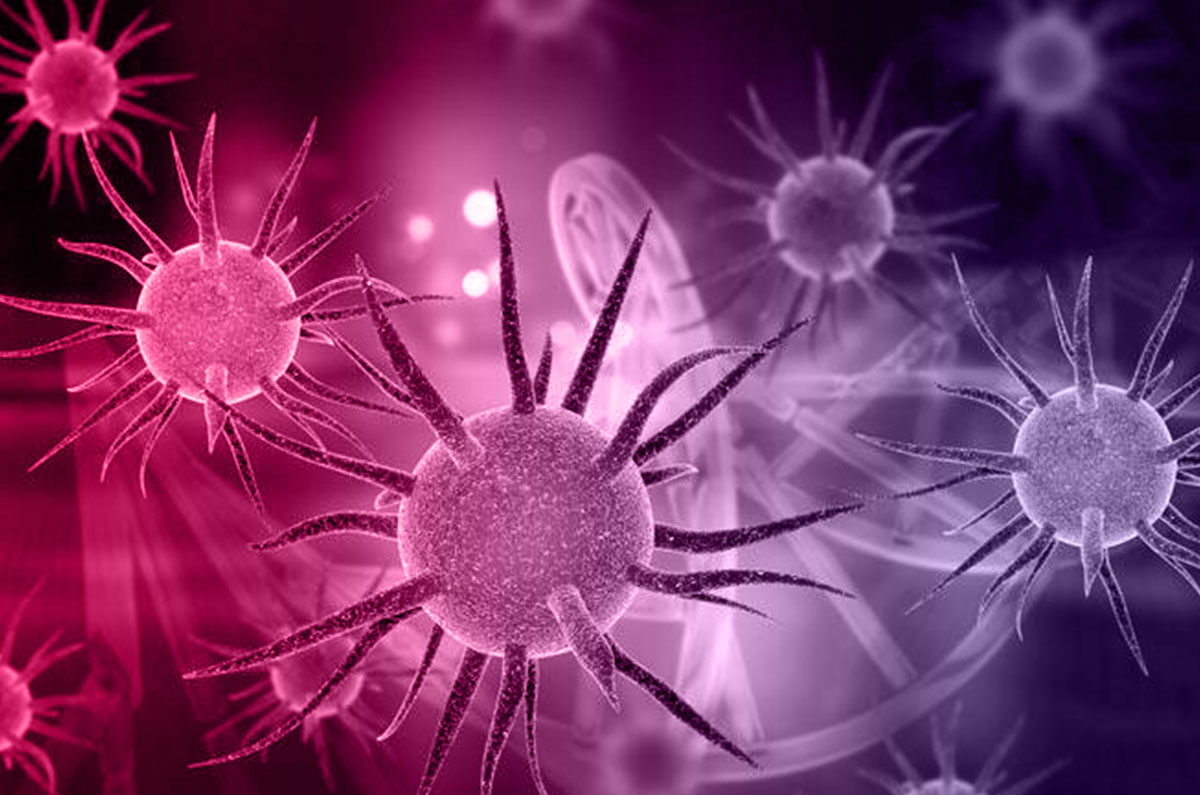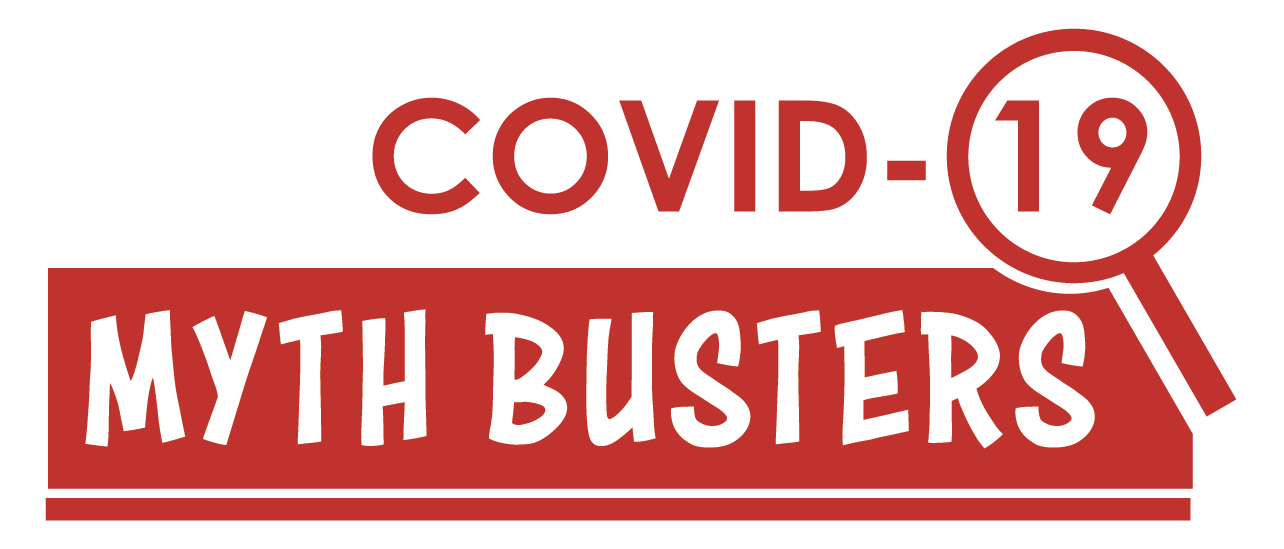Patient Testimonial
73 years old colon cancer survivor from Mozambique, East Africa- Patient testimonial- Best colon cancer treatment in Ahmedabad
After having symptoms like blood in stool, high BP, low haemoglobin; Mr. Manoharlal Rajani was diagnosed with colon cancer at the age of 73.

Overview
The colon and rectum are parts of the digestive system. They form a long, muscular tube called the large intestine (also called the large bowel). The colon is the first 4 to 5 feet of the large intestine, and the rectum is the last several inches.
Partly digested food enters the colon from the small intestine. The colon removes water and nutrients from the food and turns the rest into waste (stool). The waste passes from the colon into the rectum and then out of the body through the anus.
WHAT IS COLON / RECTUM CANCER
Tumors can be benign or malignant:
1. Benign tumors are not cancer:
- Benign tumors are rarely life-threatening.
- Most benign tumors can be removed. They usually do not grow back.
- Benign tumors do not invade the tissues around them.
- Cells from benign tumors do not spread to other parts of the body.
2. Malignant tumors are cancer:
- Malignant tumors are generally more serious than benign tumors. They may be life-threatening.
- Malignant tumors often can be removed. But sometimes they grow back.
- Malignant tumors can invade and damage nearby tissues and organs.
- Cancer cells can break away from a malignant tumor and spread to other parts of the body. Cancer cells spread by entering the bloodstream or the lymphatic system. The cancer cells form new tumors that damage other organs. The spread of cancer is called metastasis.
When colorectal cancer spreads outside the colon or rectum, cancer cells are often found in nearbylymph nodes. If cancer cells have reached these nodes, they may also have spread to other lymph nodes or other organs. Colorectal cancer cells most often spread to the liver.
When cancer spreads from its original place to another part of the body, the new tumor has the same kind of abnormal cells and the same name as the original tumor. For example, if colorectal cancer spreads to the liver, the cancer cells in the liver are actually colorectal cancer cells. The disease is metastatic colorectal cancer, not liver cancer. For that reason, it is treated as colorectal cancer, not liver cancer. Doctors call the new tumor "distant" or metastatic disease.
SYMPTOMS
A common symptom of colorectal cancer is a change in bowel habits. Symptoms include:
- Having diarrhea or constipation
- Feeling that your bowel does not empty completely
- Finding blood (either bright red or very dark) in your stool
- Finding your stools are narrower than usual
- Frequently having gas pains or cramps, or feeling full or bloated
- Losing weight with no known reason
- Feeling very tired all the time
- Having nausea or vomiting
Most often, these symptoms are not due to cancer. Other health problems can cause the same symptoms. Anyone with these symptoms should see a doctor to be diagnosed and treated as early as possible. Usually, early cancer does not cause pain. It is important not to wait to feel pain before seeing a doctor.
Learn more about colon-rectum cancer- its risk factors, treatment methods etc. here.
Patient Manoharlal Rajani testimonial
Mr. Manoharlal Rajani, was born in Mozambique, East Africa. He had already undergone a heart bypass surgery a few years back and had diabetes. He had symptoms like Blood in stool, low Haemoglobin, and high blood pressure. After diagnosis, it was determined that the cause for these symptoms was colon cancer. After receiving the right treatment, he is on his road to recovery.
Listen to his story here-

